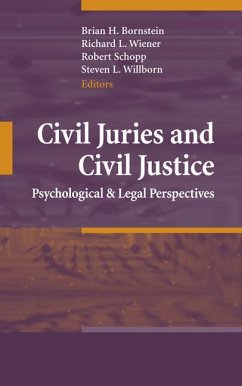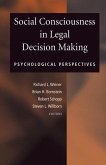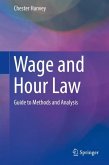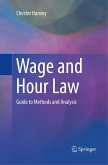At last, here is an empirical volume that addresses head-on the thorny issue of tort reform in the US. Ongoing policy debates regarding tort reform have led both legal analysts and empirical researchers to reevaluate the civil jury's role in meting out civil justice. Some reform advocates have called for removing certain types of more complex cases from the jury's purview; yet much of the policy debate has proceeded in the absence of data on what the effects of such reforms would be. In addressing these issues, this crucial work takes an empirical approach, relying on archival and experimental data. It stands at the vanguard of the debate and provides information relevant to both state and national civil justice systems.
From Merck to McDonald's to Firestone, high-profile tort cases inspire high-powered tort reform debate. Simultaneously they fuel public perceptions of spurious claims and outlandish awards, while fostering professional perceptions of an unwieldy legal system. The contributors to Civil Juries and Civil Justice bring order, as well as a much-needed reality check, to the situation. This insightful, multidisciplinary volume provides in-depth case data, empirical findings, and original research, synthesizing a range of seemingly irreconcilable legal and psychological viewpoints. Leading scholars consider the roots of juryphobia, the growth trajectories of damage awards, alternative means of obtaining civil justice, and the role of the social sciences in formulating legal policy while addressing these key questions of the tort reform controversy:
What can be learned by studying jury decision-making?
What is the relationship between compensatory andpunitive damages?
Are judges more capable than juries in awarding damages?
Where do non-litigation methods such as apologies and mediation fit in?
Can physicians help improve the malpractice system?
Have reform efforts done more harm than good?
Civil Juries and Civil Justice will attract readers across numerous disciplines: forensic psychologists and psychiatrists, attorneys, sociologists, criminologists, political scientists, and policy makers. Because of its research/practice orientation, professors and students in these fields will find it a worthy text for course adoption.
From Merck to McDonald's to Firestone, high-profile tort cases inspire high-powered tort reform debate. Simultaneously they fuel public perceptions of spurious claims and outlandish awards, while fostering professional perceptions of an unwieldy legal system. The contributors to Civil Juries and Civil Justice bring order, as well as a much-needed reality check, to the situation. This insightful, multidisciplinary volume provides in-depth case data, empirical findings, and original research, synthesizing a range of seemingly irreconcilable legal and psychological viewpoints. Leading scholars consider the roots of juryphobia, the growth trajectories of damage awards, alternative means of obtaining civil justice, and the role of the social sciences in formulating legal policy while addressing these key questions of the tort reform controversy:
What can be learned by studying jury decision-making?
What is the relationship between compensatory andpunitive damages?
Are judges more capable than juries in awarding damages?
Where do non-litigation methods such as apologies and mediation fit in?
Can physicians help improve the malpractice system?
Have reform efforts done more harm than good?
Civil Juries and Civil Justice will attract readers across numerous disciplines: forensic psychologists and psychiatrists, attorneys, sociologists, criminologists, political scientists, and policy makers. Because of its research/practice orientation, professors and students in these fields will find it a worthy text for course adoption.








